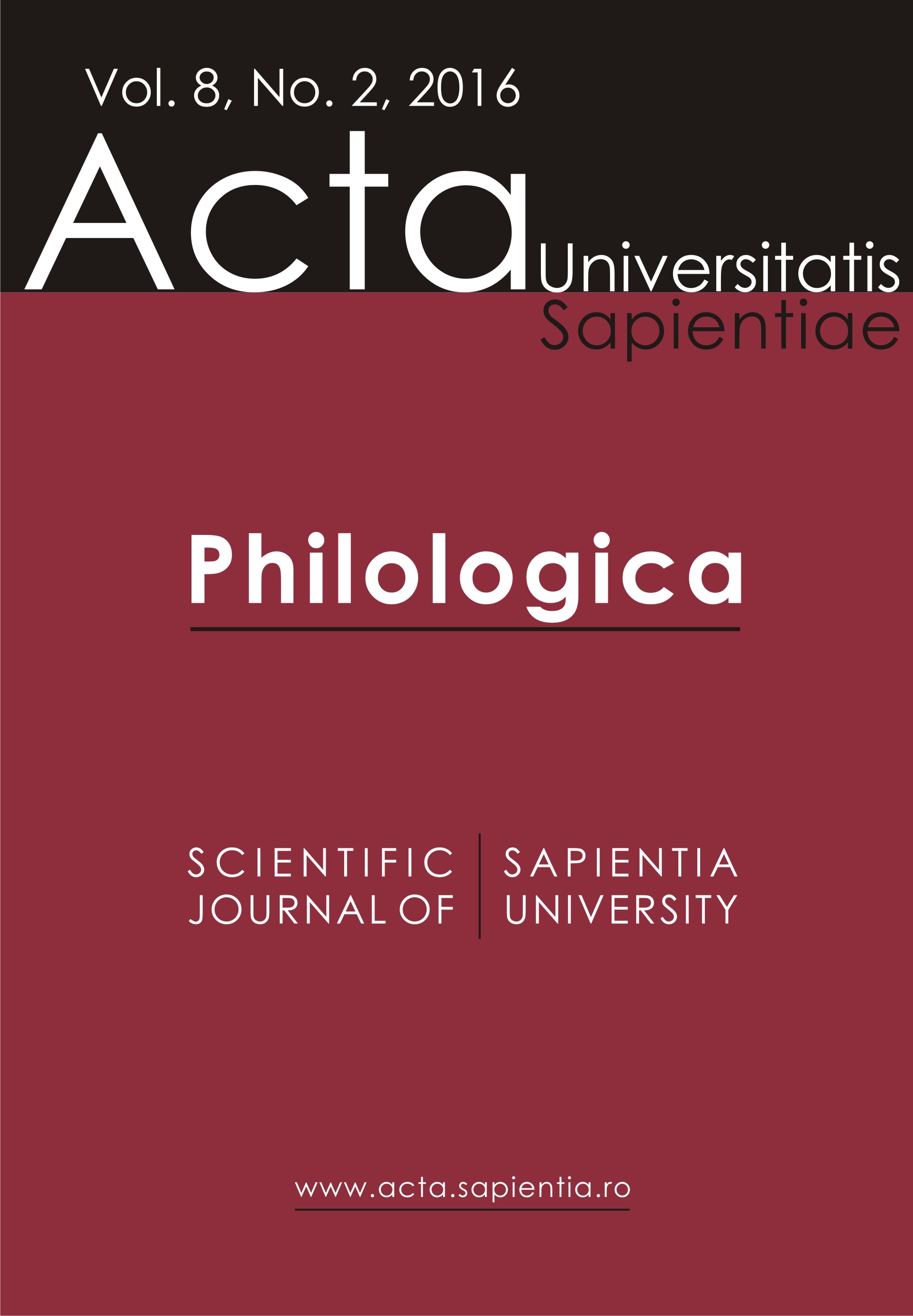English as a Lingua Franca and Its Implications for Teaching English as a Foreign Language
English as a Lingua Franca and Its Implications for Teaching English as a Foreign Language
Author(s): Tünde NagySubject(s): Language studies, Language and Literature Studies, Foreign languages learning, Theoretical Linguistics, Applied Linguistics
Published by: Scientia Kiadó
Keywords: ELF; Lingua Franca Core; communication strategies; language teaching
Summary/Abstract: The analysis of English as a lingua franca (ELF) has received considerable attention over the years. There has been a lot of research done both on the morpho-syntactic properties of ELF interactions and the communication strategies used by ELF speakers in order to facilitate communication and avoid misunderstandings. Given the fairly large number of findings, the question arises whether ELF should be introduced in the curriculum or replace EFL (English as a Foreign Language). I believe that although ELF data are significant and can benefit teaching English as a foreign language, they cannot replace EFL, especially because English as a lingua franca is primarily a communication tool and not a language variant. Also, while there have been other models suggested as alternatives to teaching a standard version of English, none of these models seem practical enough or have proven applicable in the classroom.After giving an overview of the research done on English as a lingua franca, with a special emphasis on the notion of lingua franca core, the study reflects on the repercussions of ELF findings on teaching English as a foreign language.
Journal: Acta Universitatis Sapientiae, Philologica
- Issue Year: 8/2016
- Issue No: 2
- Page Range: 155-166
- Page Count: 12
- Language: English

